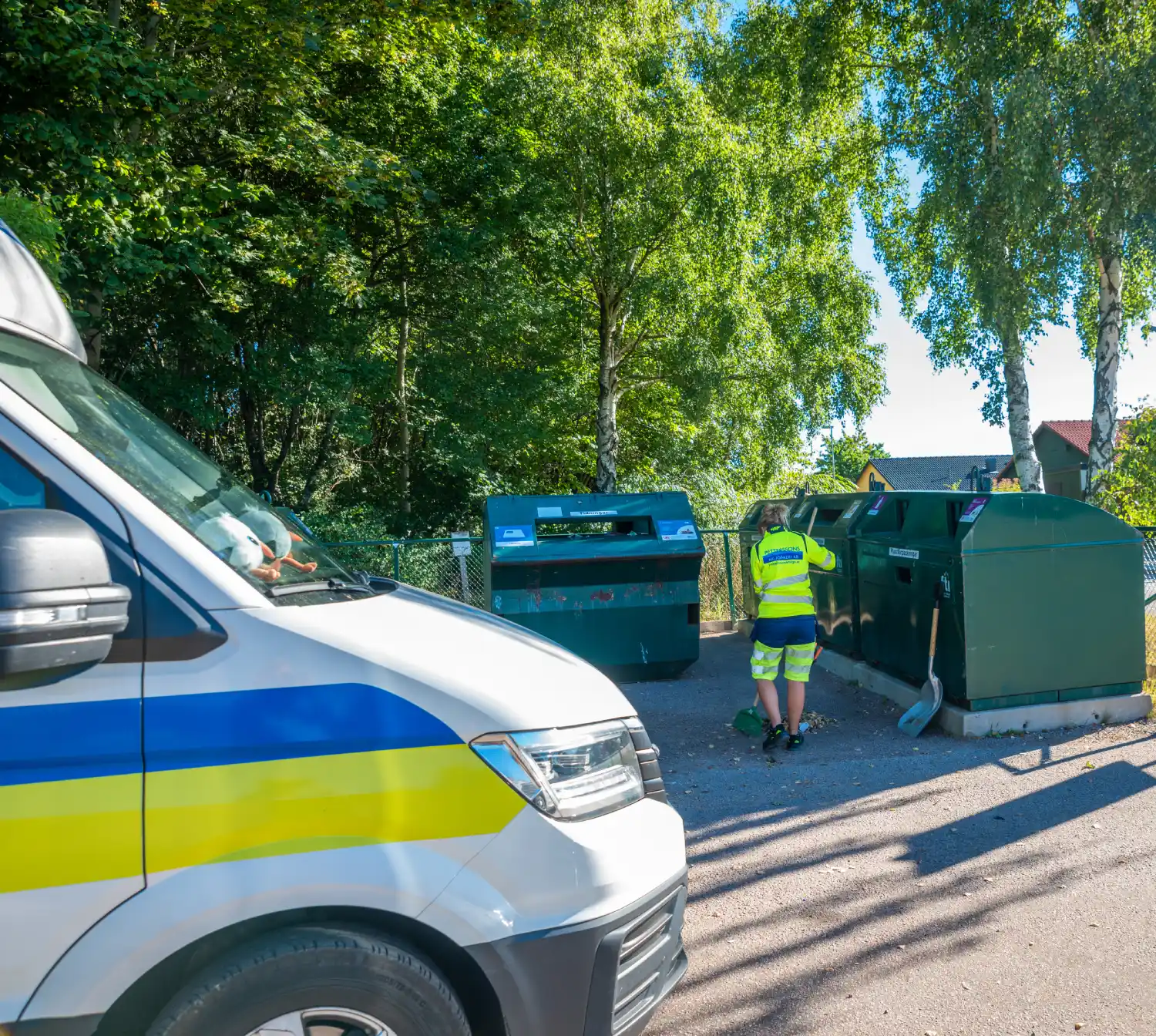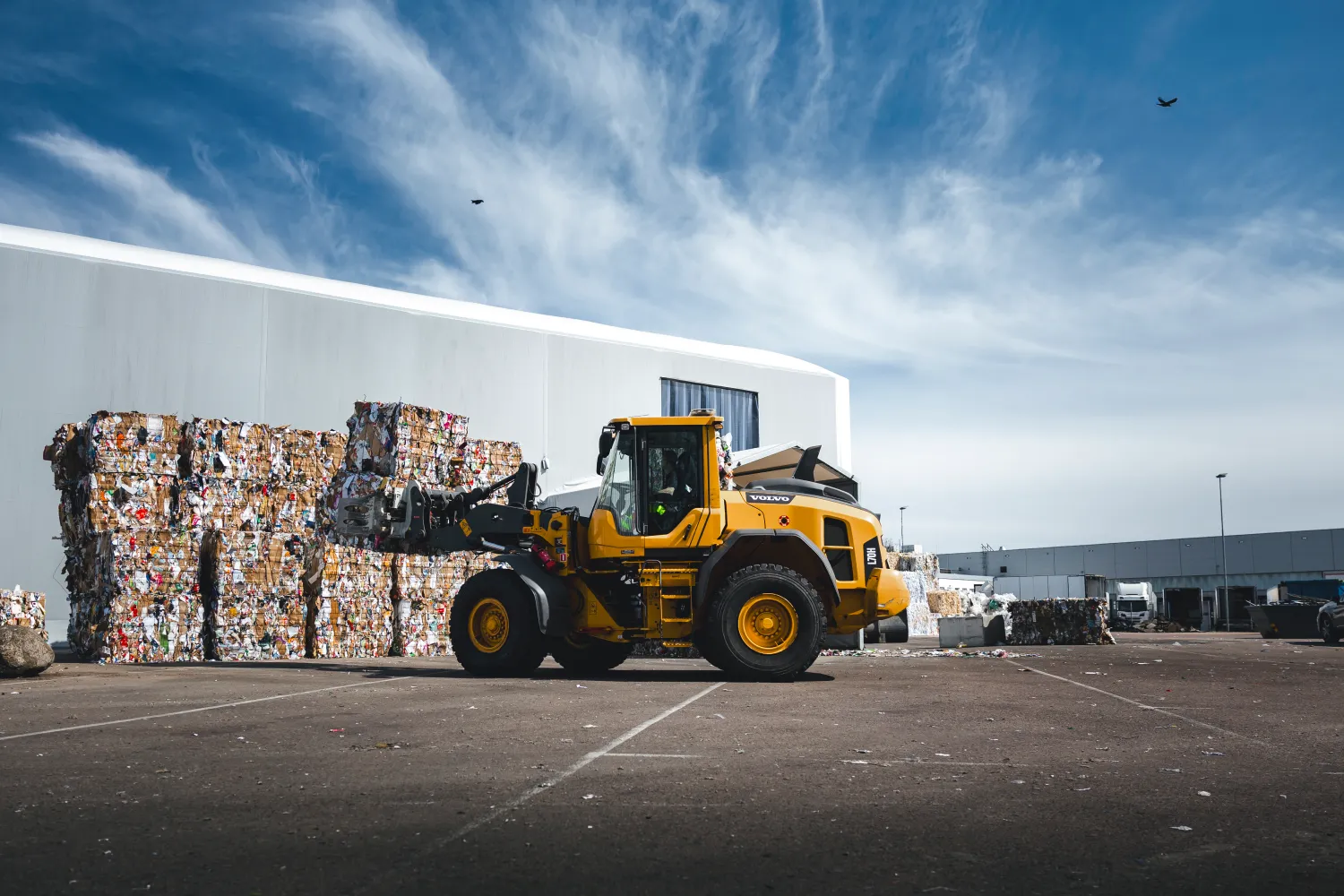Eco-Friendly Sweden: Recycling as a National Priority
Eco-Friendly Sweden: Recycling as a National Priority
Blog Article
Sweden has been a leader in sustainable practices, and its Recycling (Återvinning) journey is nothing short of remarkable. From modern waste administration systems to a nationwide cultural change, Sweden has converted the way it grips waste. The country has turned waste in to prize by maximizing recycling attempts and harnessing waste as an invaluable resource. This process not merely reduces environmental influence but in addition contributes to Sweden's ambitious alternative energy goals.

Leading Recycling Costs
Sweden provides among the highest recycling prices on the planet, with around 99% of house waste being recycled or repurposed. The united states has created a innovative waste working program which makes it simple for people to split up recyclables, ensuring minimal waste ultimately ends up in landfills. That achievement isn't caused by just one policy but alternatively a comprehensive national work, including an effective infrastructure and the active participation of Swedish residents.
Waste-to-Energy Creativity
One of Sweden's many amazing methods in waste management is its waste-to-energy (WTE) model. As opposed to giving waste to landfills, Sweden burns up continuing waste to produce power in the shape of heat and electricity. This process reports for about 50% of the country's waste, and the energy produced powers houses, organizations, and even whole cities. The WTE model not merely reduces landfill spend but additionally significantly lowers Sweden's reliance on fossil fuels, aligning with the nation's sustainability goals.
Lengthy Producer Obligation (EPR)
A crucial part of Sweden's recycling achievement may be the implementation of Extended Producer Duty (EPR). This policy needs suppliers to manage the recycling of these items and packaging. By shifting the responsibility to producers, Sweden has somewhat decreased appearance spend and incentivized the development of more sustainable products. EPR in addition has resulted in larger recycling rates, specially in sectors like electronics, packaging, and textiles.
Public Wedding and Education
The Swedish government places a strong emphasis on training its citizens concerning the importance of recycling. Public recognition campaigns encourage people to undertake responsible consumption behaviors, such as for example reducing spend and recycling effectively. Schools, press outlets, and regional governments interact to promote environmental stewardship, ensuring that recycling is element of daily life for Swedes of ages.
Future Improvements
As Sweden continues their recycling trip, the country is exploring new systems to further improve spend management.

Conclusion
Sweden's recycling journey has made trash in to treasure, demonstrating that waste can be a valuable resource when maintained responsibly. Through large recycling rates, waste-to-energy invention, and guidelines like Expanded Company Duty, Sweden has set an international example for sustainable waste management. With extended development and a culture of environmental awareness, Sweden is set to keep at the forefront of the worldwide recycling motion, showing a rounded economy is not just possible—it's the future. Report this page